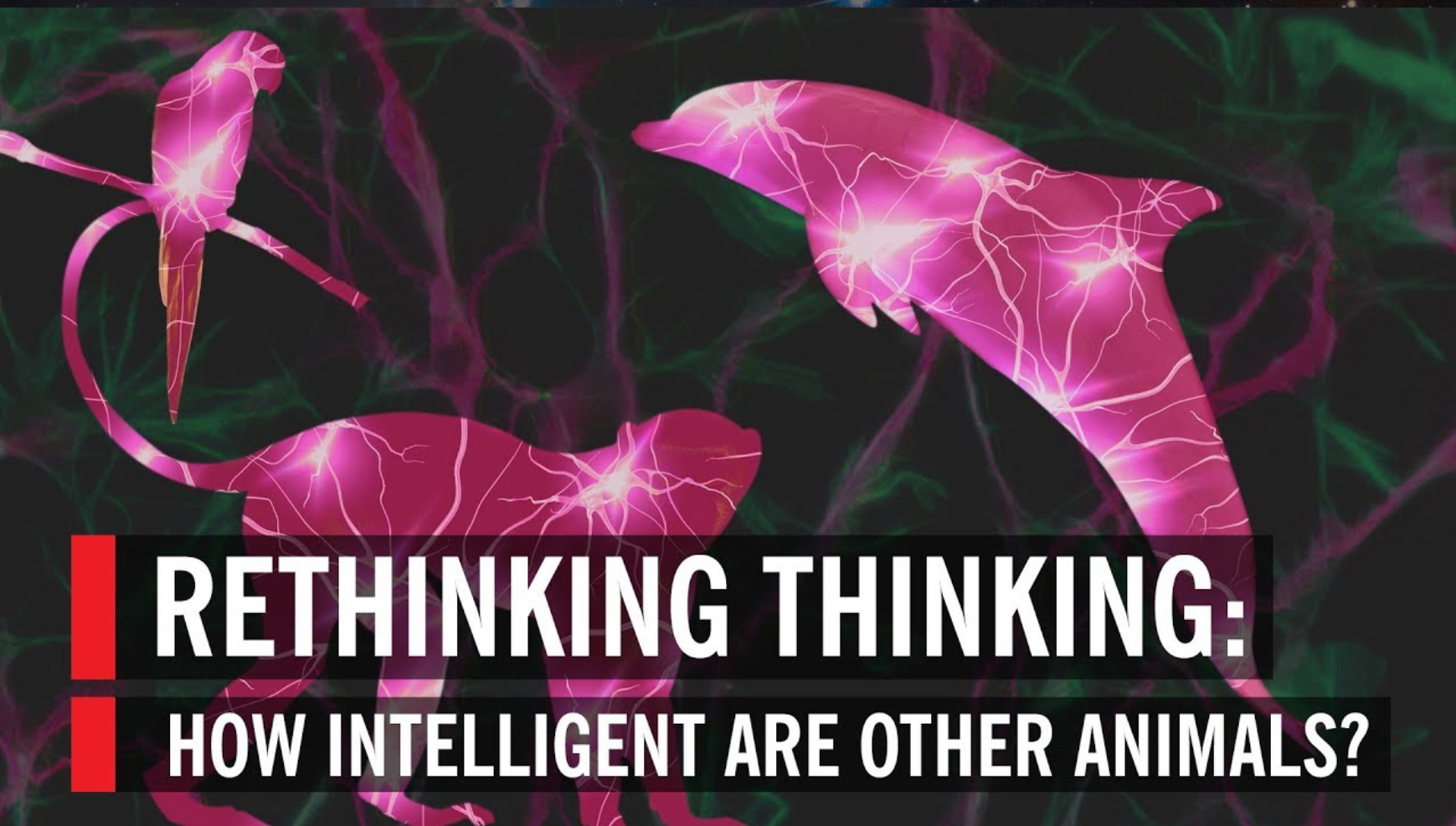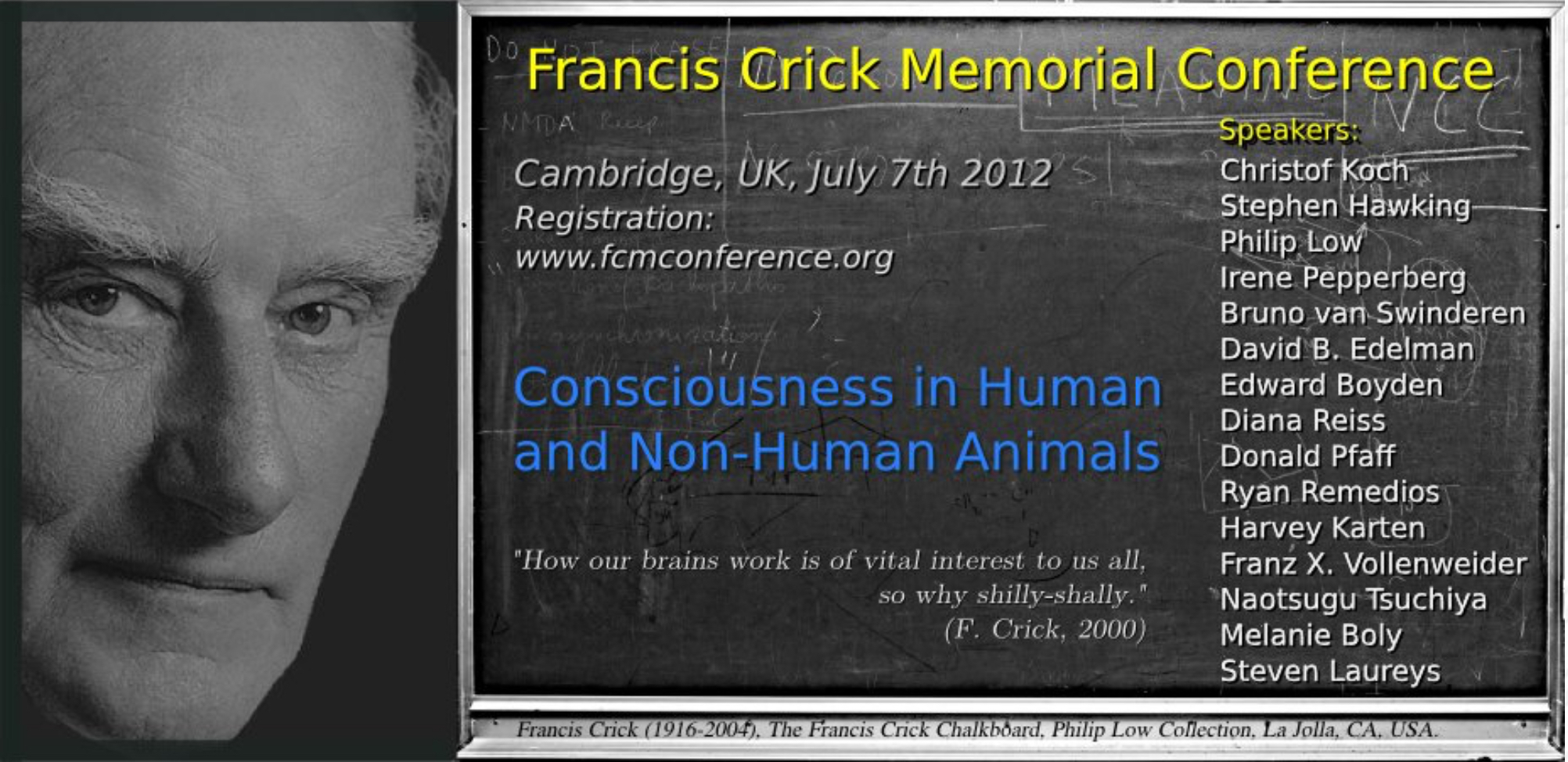Animals: General Multimedia
Further resources, if available, can be found in our full bibliography.
Episode 5.4, Paul Waldau on Animals and Sentience in Religion, Science, and Ethics
This episode of the FORE podcast features Paul Waldau, an educator, activist, and scholar who works at the intersection of animal studies, law, ethics, religion, and cultural studies. Former professor at Canisius College in Buffalo, New York, where he is the senior faculty for the Master of Science program in Anthrozoology, he is an author and editor of several books on animal studies, including The Specter of Speciesism: Buddhist and Christian Views of Animals (Oxford University Press, 2001), Animal Studies: An Introduction (Oxford University Press, 2013), and A Communion of Subjects: Animals in Religion, Science, and Ethics, edited with Kimberley Patton (Columbia University Press, 2006). We talk about animals, sentience, dialogue between science and religion, and much more.
“Animal Intelligence”
This episode of the documentary television series, Explained, looks into the ways that humans measure the intelligence of non-human animals. Featuring the researchers Frans de Waal, Laurie R. Santos, and Peter Godfrey-Smith, and narrated by Hilary Swank, “Animal Intelligence” explores the history of human inquiries into the animal mind.
“Rethinking Thinking: How Intelligent Are Other Animals?”
Intelligence was once thought to be uniquely human. But researchers have discovered astonishing cognitive abilities in many other species—not just humans’ close cousins like chimps, or fellow mammals like dolphins—but also crows, parrots, and even octopuses. If humans consider the intelligence of swarms, they must add bees, termites, and ants to the list of super smart creatures. These scientists ask: What is intelligence? Why do some species get an extra dose? And just how special are humans, really?
The Francis Crick Memorial Conference: Consciousness in Human and Non‐Human Animals
The Francis Crick Memorial Conference, focusing on “Consciousness in Humans and Non-Human Animals,” aimed to provide a purely data-driven perspective on the neural correlates of consciousness. The most advanced quantitative techniques for measuring and monitoring consciousness were presented, with the topics of focus ranging from exploring the properties of neurons deep in the brainstem, to assessing global cerebral function in comatose patients. Model organisms investigated spanned the species spectrum from flies to rodents, humans to birds, elephants to dolphins, and were approached from the viewpoint of three branches of biology: anatomy, physiology, and behavior. Until animals have their own storytellers, humans will always have the most glorious part of the story, and with this proverbial concept in mind, the symposium addressed the notion that humans do not alone possess the neurological faculties that constitute consciousness as it is presently understood.
Photo Credit: Great tit, Parus major; manfredrichter/Pixabay



